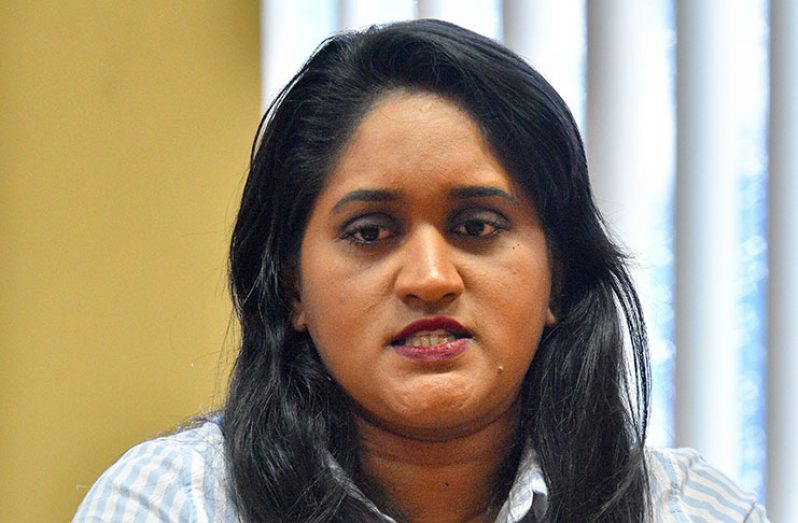…threatens to name and shame to protect public
THE Guyana Press Association has warned against fake news operations here and threatened to name and shame the owners of such outlets in an effort to protect unsuspecting citizens.
In its World Press Freedom Day message, the GPA said the occasion allows it the opportunity to call on media workers and Guyanese of all walks of life to zealously guard against fake news operations, especially on the Internet. ”While the GPA promotes and is vigilant against anyone trampling on the sacred right of freedom of expression, we shall not allow the profession of journalism to be smeared by those who promote themselves as the local guardian under the guise of being a media outfit. The GPA will seriously consider whether, in the interest of the promotion of high-quality journalism, we shall have to name fake news outlets in an effort to protect unsuspecting members of the public from being duped or adversely influenced by fabricated content,” the media body said in its statement.
It alluded to the World Press Freedom Day 2018 concept note, which states in part: “There have also been major attempts to fabricate news, and utilise social media, in order to polarise people and discredit authentic journalism. These problems highlight the importance of an independent, critical and pluralistic media environment, and the need for free and professional journalism.”
Moreover, the GPA said it is cognisant that in our society, lines of power, authority and decision-making in the media are blurred by shared interests, goals and objectives and said the association is of the firm position that editors and other media managers need to stand up to those in authority and influence who seek to impose restrictions on freedom of expression because of their dislike of the opinions of others.
“Readily coming to mind is the decision by the state-owned and government-controlled Guyana Chronicle to discontinue the contributions by columnists Professor David Hinds and trade unionist, Lincoln Lewis. Similarly, the GPA has observed the increasing frequency among certain media houses of deliberately slanting their stories to fit certain political frames of reference, more often in keeping with their owners’ political preference.”
According to the body, over the months it has had reports of government officials calling media houses to demand sources from reporters, to demand that media outlets refrain from providing coverage to other public officials and threatening to call the police to remove reporters from public meetings. “These actions are not much different from the days when journalists were banned from the Office of the President or State House and media houses found their economic viability threatened over the withdrawals of state advertisement,” the GPA said.
The body said none of this does the public “we serve any good because, instead of keeping power in check, they are provided information that amounts to half-baked truths that in the final analysis make them less informed and educated to arrive at rational conclusions or decisions. The endgame is the cultivation and perpetuation of a destructive media culture, in which media operatives see themselves as serving their political masters or other self-serving entities instead of the wider public.”
The GPA asserted that a truly independent media is vitally necessary to guard against human rights abuses, electoral malpractices, lack of transparency and accountability and gender-based inequalities. “Our association takes this opportunity to publicly urge the
Government of Guyana and the opposition to discuss and arrive at a consensus to delete from the proposed Cybercrime legislation, provisions that will amount to institutionalisation of criminal defamation. Those provisions, we contend, must be removed because they are not in accordance with the global shift towards the removal of criminal defamation from the law books of several countries, including a number of them in the Caribbean. Guyana will be retrogressing instead of progressing by entrenching the criminalisation of freedom of expression, if certain sections in the Cybercrime Bill are enacted into law,” the statement ended.




.png)









